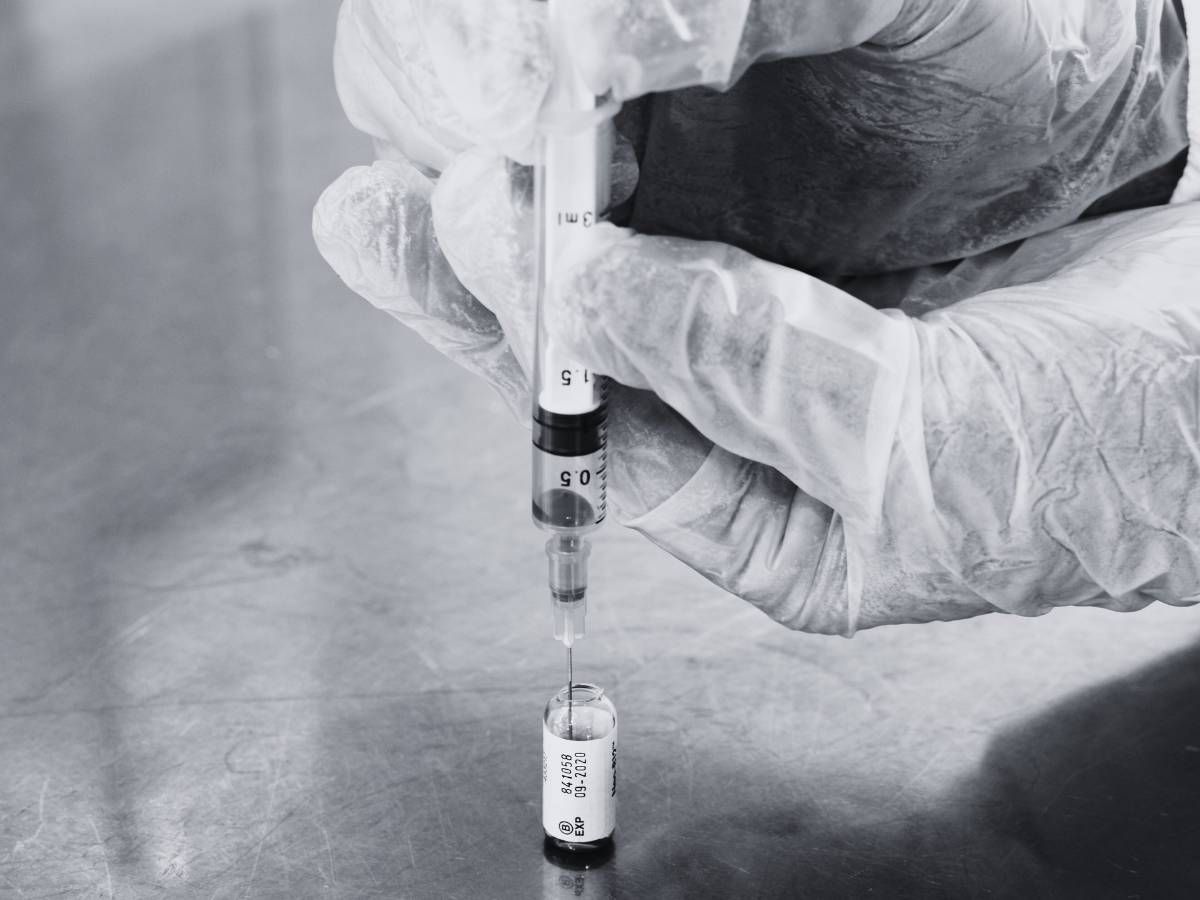Vitamin injections are they really worth getting and how do they compare to supplements?
Are Vitamin Shots simply a trend or do they provide real benefits?

With health and wellness trends constantly evolving, vitamin injections have emerged as a popular option for boosting nutrient intake. Marketed as a faster, more effective alternative to traditional oral supplements, these injections are praised by celebrities, athletes, and even wellness clinics. But are vitamin injections truly worth the hype, or are they simply an expensive alternative to a healthy diet and regular supplementation? In this blog post, we'll explore what vitamin injections are, their potential benefits, how they compare to oral supplements, and whether they are the right choice for you.
What Are Vitamin Injections?
Vitamin injections involve the administration of vitamins directly into the bloodstream, usually via intramuscular or intravenous (IV) methods. Common injections used include B12 shots, vitamin C, and a range of B-complex blends. Some clinics also offer custom formulations that include amino acids, antioxidants, and other nutrients tailored to individual needs.
The key selling point of injections is their high bioavailability. Since the vitamins bypass the digestive system, they are absorbed directly into the bloodstream, theoretically resulting in faster and more efficient effects.
Benefits of Vitamin Injections
- Rapid Absorption: Unlike oral supplements, which must pass through the gastrointestinal tract, injections deliver nutrients directly to the bloodstream. This results in quicker onset and potentially greater efficacy, especially for those with digestive issues.
- Higher Potency: Certain health conditions, like vitamin B12 deficiency or chronic fatigue syndrome, may require higher doses that oral supplements can't provide effectively. Injections can deliver higher concentrations of vitamins safely.
- Improved Energy and Mood: Many users report increased energy levels and improved mental clarity after regular vitamin injections, especially with B12 and B-complex vitamins.
- Support for Specific Conditions: Vitamin injections may benefit individuals with malabsorption issues, such as those with Crohn's disease, coeliac disease, or post-bariatric surgery patients.
- Convenience in a Clinical Setting: Administered by trained professionals, injections offer peace of mind in terms of dosage accuracy and quality.
Drawbacks of Vitamin Injections
- Cost: Injections are significantly more expensive than oral supplements. A single shot can cost between £30 and £150 depending on the formulation and clinic.
- Invasive Procedure: Being injected can be uncomfortable or painful, and some people may experience bruising or irritation at the injection site.
- Overuse Risks: Regular injections without medical necessity can lead to imbalances or excess vitamin levels, especially if not properly monitored.
- Access and Time: You typically need to visit a clinic or have a healthcare provider administer injections, which may not be convenient for everyone.
How Do They Compare to Oral Supplements?
1. Bioavailability: Injections win here, especially for individuals with absorption issues. However, for the average healthy person, the difference may not be as significant.
2. Cost-Effectiveness: Oral supplements are cheaper, widely available, and easy to incorporate into daily routines. Injections, while potent, come at a premium price.
3. Convenience: Popping a daily pill is easier than scheduling weekly or monthly visits to a clinic.
4. Safety: Oral vitamins carry a lower risk of toxicity since excess amounts are usually excreted. Injections, if not managed correctly, can result in vitamin overload.
Are Vitamin Injections Right for You?
Vitamin injections might be worth considering if:
- You have a diagnosed deficiency and oral supplements haven’t been effective.
- You suffer from a medical condition that impairs nutrient absorption.
- You are looking for a short-term energy boost or immune support before travel, a big event, or recovery from illness.
- You’ve discussed it with your healthcare provider and have a plan for monitoring levels and effectiveness.
However, if you are generally healthy, eat a balanced diet, and can tolerate oral supplements, there may be little added value from injections.
Final Thoughts
While vitamin injections offer certain benefits, especially for individuals with specific needs or deficiencies, they are not a miracle cure. For most people, a well-rounded diet and high-quality oral supplements are sufficient to maintain optimal vitamin levels. As always, consult with a healthcare professional before starting any new treatment.
In the end, the decision should be based on your health status, budget, and lifestyle needs. Whether you choose injections or stick with supplements, maintaining consistent, science-backed wellness habits is key to long-term health.
Ready to work with Lexsee Business Directory?
Let's connect! We’re here to help.
Send us a message and we’ll be in touch.











